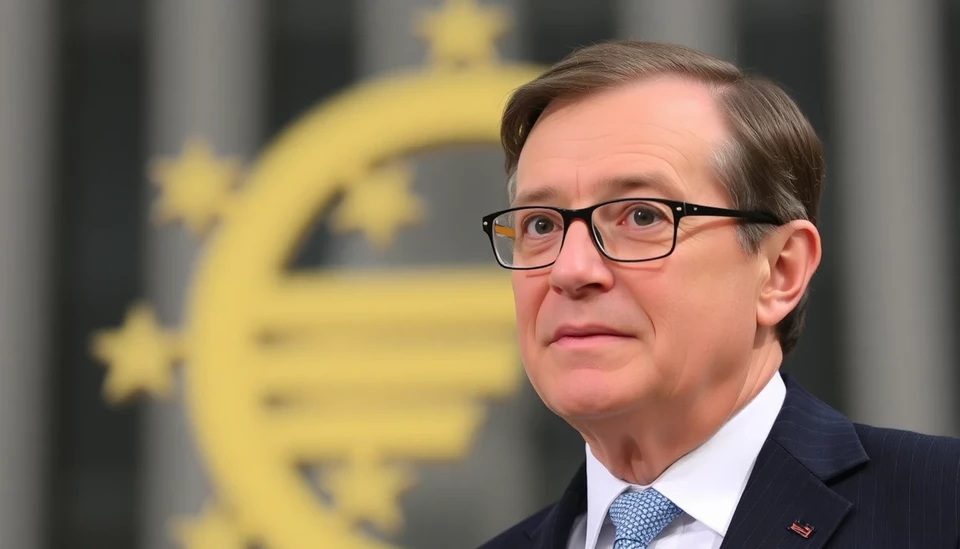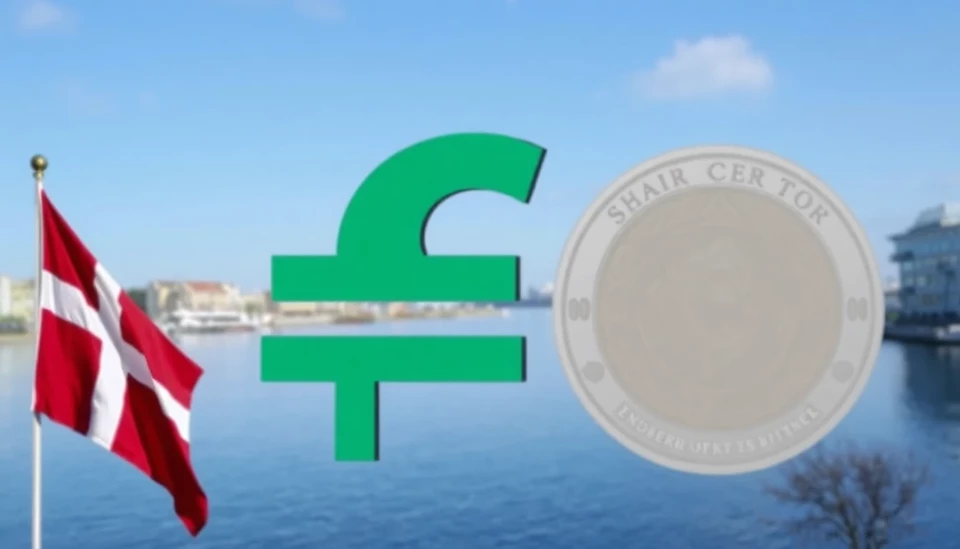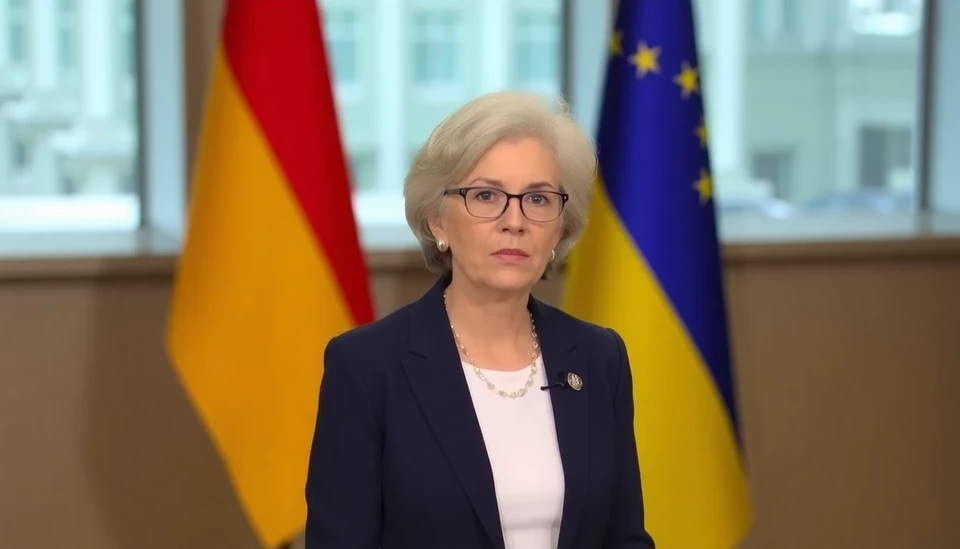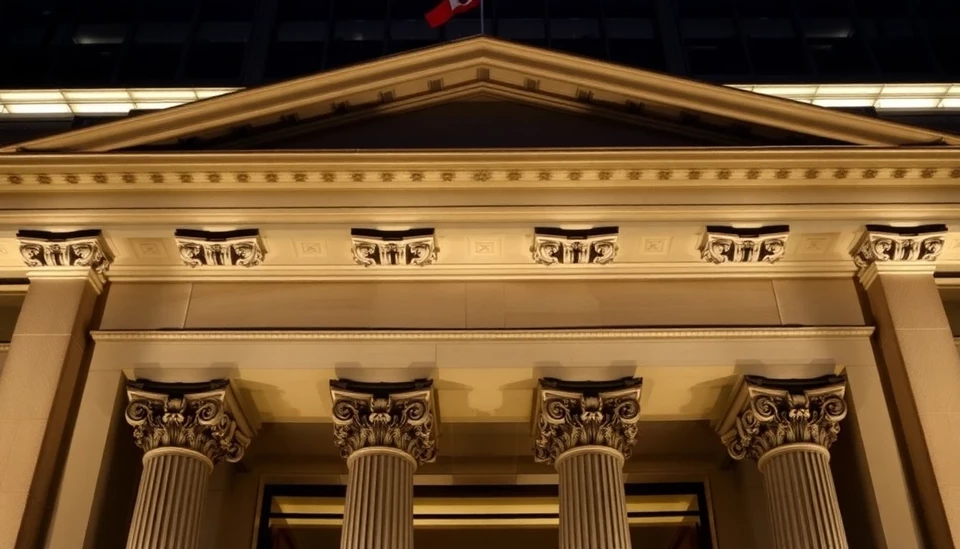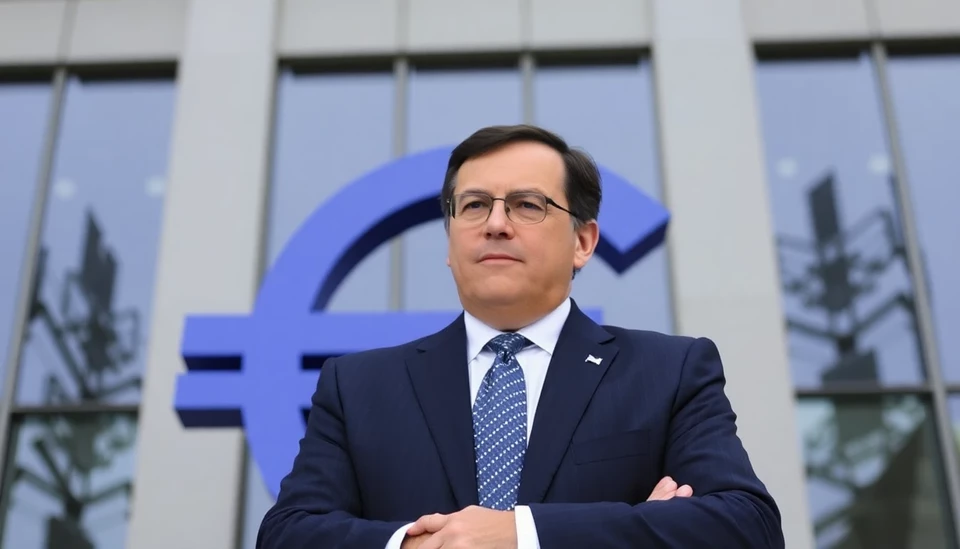
In a recent statement, European Central Bank (ECB) board member Fabio Panetta suggested that the slowing inflation rates and a general deceleration of economic growth in the eurozone may prompt the bank to consider further interest rate cuts. This marks a significant shift in perspective among ECB officials, as they previously focused on maintaining high rates to combat inflation.
Panetta's comments came during a speech at a conference where he underscored the importance of responding to the evolving economic landscape. He emphasized that while inflation has shown signs of easing, the current economic conditions warrant a careful and measured approach to monetary policy. With inflation rates showing a downward trend, there is growing speculation about potential adjustments to interest rate strategies by the central bank.
Highlighting the interconnectedness of inflation trends and economic growth, Panetta noted that a slowdown in economic activity can reinforce the need for easing monetary policy. He stated, "We must remain vigilant not just on inflation but also on the broader economic dynamics that could necessitate a recalibration of our approach." This statement resonates with market analysts who are closely watching the ECB's forthcoming decisions on interest rates.
As the eurozone grapples with challenges – including energy price volatility and labor market fluctuations – the dialogue surrounding monetary policy becomes increasingly critical. Investors and economists alike are analyzing incoming data to gauge the likelihood of rate cuts in response to shifting economic indicators.
Panetta's remarks suggest a shift from the ECB's prevailing stance, which had focused heavily on tightening monetary policy to combat inflationary pressures that reached record highs in the past year. The prospect of cuts could have significant implications for businesses and consumers across the eurozone, potentially easing borrowing costs and stimulating investment.
Many analysts believe that if Panetta's outlook is shared by other central bank officials, the ECB may soon shift gears. Upcoming meetings will be pivotal as the bank assesses the balance between fostering growth and keeping inflation in check. As it stands, the eurozone's economic projections suggest that inflation is not only slowing but could align more closely with the ECB's target rate, giving the institution more flexibility.
In conclusion, Panetta’s insights signal a critical juncture for the ECB as it navigates an economic environment marked by both declining inflation and slowing growth. As the bank considers its next moves, market participants are keenly aware of the potential for policy changes that could reverberate throughout Europe and beyond.
#ECB #InterestRates #Economy #Inflation #Panetta #MonetaryPolicy
Author: Rachel Greene
